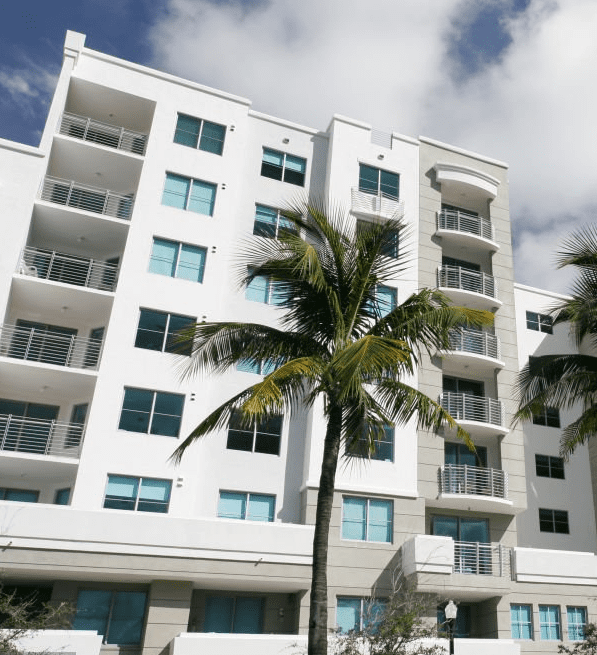
Surfside Condo Law Carries Heavy Financial Impact for Owners
As if the financial burden brought on by homeowner insurance companies pulling out of Florida was not enough, many condominium owners are facing additional costs resulting from the recent “Surfside Condo Law” passed as Senate Bill 4-D. The bill mandates stricter condominium building inspections and requires associations to fully fund reserves for necessary repairs rather than partially funding or waiving reserves altogether.
The bill aims to prevent future tragedies, such as the collapse of the Surfside Condominium in 2021. The law requires condo owners to contribute to necessary maintenance through special assessments, if specified, after undergoing a “milestone inspection” upon the building reaching 30 years of age and every 10 years after that to assess structural integrity.
Due to this new legislation, many condominium owners are being hit with hefty assessments after years of deferred maintenance. Florida’s coastlines are replete with condominiums, including most that are well past 30 years of age. This is causing a run on associations contacting structural engineers to assess condominiums by the December 31st, 2024, deadline. No doubt, everyone agrees this is the right thing to do to protect people. It’s just that most owners do not have enough time to save and plan for the financial hit, especially true for retired and elderly who live on fixed incomes.
Given this new mandate, the housing landscape in Florida is changing, and many are thinking long and hard about whether condominium ownership is right for them. The trend of investing in a Florida condo for seasonal getaways is likely to slow as people from out-of-state shy away from whopping assessments that factor into the price of a condo.
So, if you want to buy a condo, do your homework! Real estate listings should include assessment fees likely to hit soon, which can be negotiated in the price if the seller has not already paid for them. If there is no mention of an assessment in the listing, contact the association to find out the age of the building along with previously completed repairs and maintenance. The city building inspection office is also a good resource since it records previously pulled permits to complete structural repairs.